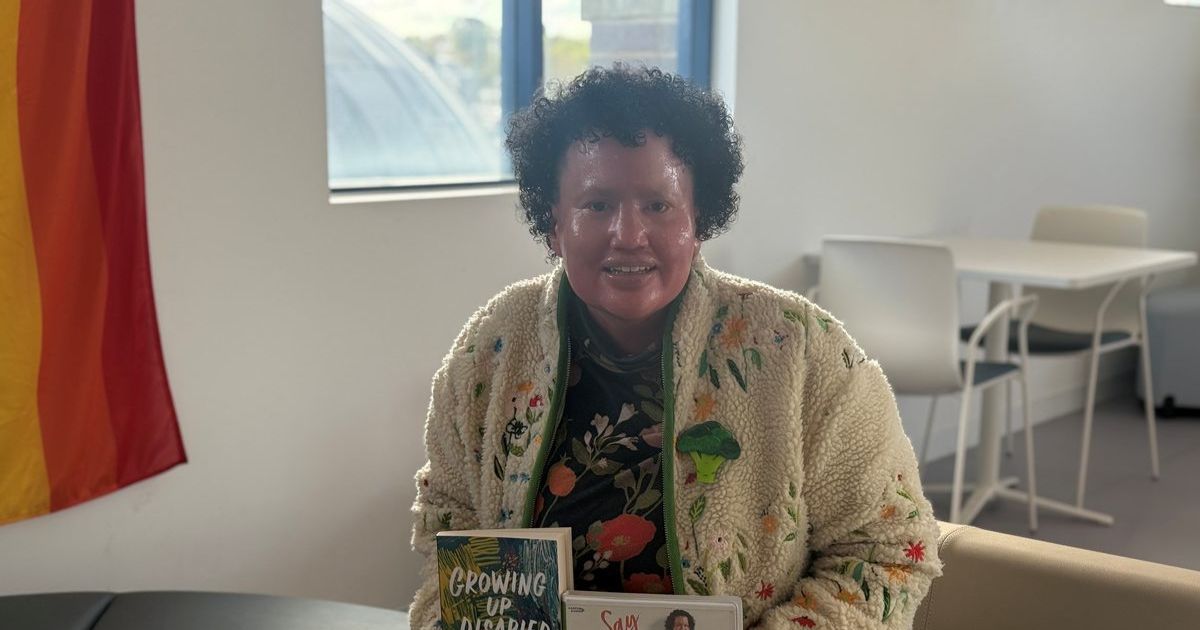From the desk of Roland Rocchiccioli – 12 January
If you bothered to listen, and analyse what people say in everyday parlance, you would realise we say the oddest things − without realising − or thinking!
How many times have you been asked “Would you like a cup of tea. I’ve just boiled the kettle?” Depending on the day, and how perverse I’m feeling, sometimes I say “How silly! You’re supposed to boil the water, not the kettle!” It’s obvious what they mean: the water has just come to the boil! The two actions, and the results, are quite different. Let’s boil the water, not the kettle!
One hears it so often, “Can I help you?” Many will recall a teacher who, when asked by a student, “Can I leave the room, Miss?”, would reply, “Certainly.” She would wait until you were almost to the door and then add, flashing you a look of disdain, “But you may not. Sit down!” We learned the rule quickly and dropped the solecism from the lexicon. The same rule applies to reception staff who, invariably, ask, ever so sweetly “Can I help you?” Again, depending on the mood, I ignore it, or say “I’m sure you can, but as for your willing, that’s an entirely different matter.” Is it so difficult? “May I help you?” We were taught ‘can’ is the ability; ‘may’ is the willing. The difference is obvious.
It’s rather like the use of the word ‘got’. Again, we were taught, “There is no such word as ‘got’!” I can say, honestly, I was well into my twenties before I considered using ‘got’. Still, to this day, it grates. It was always ‘have’, which I prefer. Times have changed. As for ‘gotten’! Mama mia!!
Almost every medical receptionist says it: “Would you like to take a seat?” Sometimes I just give a look and sit. Other times I say “Thank you, that’s most kind. I didn’t realise you were giving them away. May I take two so that I have a pair?” Occasionally, if I am feeling at odds with the world, it might be, “Do I look like a removalist!” or “Where would you like me to take it?”
Every week, without fail, one hears a grammatical solecism on radio and television; they even appear in print: “Carlton have won!” I find myself shouting, “No, Carlton have not won. Carlton has won.” The rule is simple: If the subject is singular, the verb is singular. Carlton is a singular entity therefore the verb is singular: in this case, ‘has won’ (the simple past tense of the verb, ‘to win’).
Equally irritating is being told of a footballer’s kicking prowess. As if, “he’s gone and kicked a goal”, is not galling enough, the felony is further compounded by: “He’s kicked over 50 goals this season!” No, he has not! He has kicked more than 50 goals. One goes over a bridge, and footballers kick more than 50 goals, or eat more than 100 meat pies. ‘Over’ and ‘more’ have quite different meanings. It is obvious.
You don’t talk to someone. You talk with them. It is more civilised.
Who writes the scripts for those telephone-hold message which go on, and on – and on? They should be drawn and quartered! In the course of the endless diatribe of information − and being a captive audience one is forced to listen − you are reminded to ask one of the ‘friendly’ receptionists, about ‘whatever’ when you come-off hold. Friendly? What else would they be? Sharp-tongued viragos! Vicious, rude, old cows who make your life more difficult?
Why do we say that someone ‘eats like a bird’ when it is known that a bird eats its own weight in food, every day? That explains the obesity pandemic.
If only we listened!
PS: Do you know the word meaning a phobia of long words? Believe it, or not, it is: Hippopotomonstrosesquippedaliophobia or sesquipedalophobia.
Roland can be heard Monday morning – 10.30 – on radio 3BA speaking in perfect sentences like Oscar Wilde, or you can email him at [email protected].



















